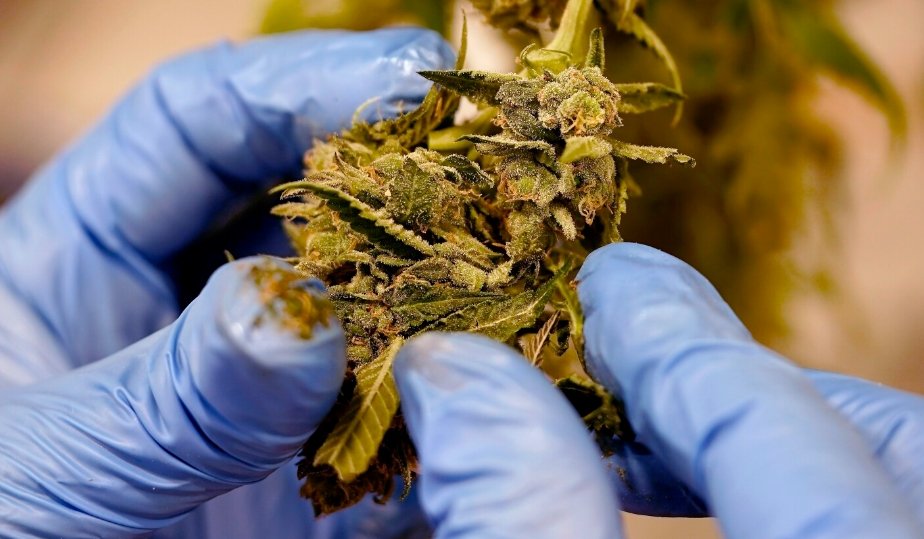Voters in more than 100 Kentucky cities and counties approved measures last week to welcome medical cannabis businesses, marking a significant shift in local policy. With all 106 ordinances on the ballot passing, Kentucky’s communities are opening doors to a new industry while offering residents increased access to medical cannabis.
A Sweep for Medical Cannabis: 106 Measures Pass
The results were conclusive across the board: each of the 53 counties and 53 cities that placed medical cannabis referendums on their ballots received strong support from voters. These local votes come a year after Governor Andy Beshear signed a bill legalizing medical marijuana in Kentucky, while leaving local governments the choice to ban or permit cannabis businesses within their jurisdictions. Despite the option to restrict access, local voters overwhelmingly chose to embrace the new legislation, signaling broad-based support for medical cannabis in communities throughout the state.
The push for medical cannabis reflects a shift in Kentucky’s political climate, where previously restrictive attitudes toward cannabis appear to be softening. Although some cities and counties moved to ban medical cannabis businesses before this year’s vote, the widespread approval seen in last week’s election suggests a change of heart among the state’s residents.

Voter Approval: A Resounding “Yes”
With 67% of voters in counties and a similar percentage in cities voting in favor of allowing medical marijuana businesses, the support for these measures was consistent across both rural and urban areas. This strong approval rate hints at widespread public interest in medical cannabis access as well as a growing acceptance of cannabis as a legitimate form of treatment. These votes have also highlighted the importance of local voices in determining cannabis policy, as Kentucky voters chose to directly impact what types of businesses operate within their own communities.
In many ways, Kentucky’s experience mirrors a larger trend across the United States, where states with medical cannabis laws often leave room for local control. In Kentucky, local governments’ decision-making power over cannabis regulation has led to a patchwork of regulations statewide, with some areas opting to proceed with caution while others take a more progressive stance.
Background: Kentucky’s Path to Legal Medical Cannabis
In 2023, Gov. Beshear signed Kentucky’s medical cannabis law into effect after years of public advocacy and legislative debate. The law, which is relatively conservative compared to those in other states, strictly regulates medical cannabis access. It allows only certain qualifying conditions, such as chronic pain and epilepsy, and mandates patient registration.
While the state’s medical cannabis legislation created a framework for access, it left local communities with substantial control over business operations. This arrangement enabled a decentralized approach, empowering local leaders to gauge their constituents’ attitudes before making decisions. And last week’s votes provided a clear answer.
Many of these newly-approved communities are expected to begin working through zoning regulations and business licensing to establish a controlled, accessible market for medical cannabis. With Kentucky’s legislative framework now in place, local authorities and businesses have a road map for structuring the new industry.
Local Control and Future Outlook
The local approval measures also come at a time when the economic impact of cannabis is becoming more apparent in neighboring states. With Kentucky entering the field later than states like Ohio and Illinois, which already have medical and recreational cannabis markets, Kentucky communities are carefully considering both the economic opportunities and the regulatory challenges.
Community support for these measures could pave the way for future discussions on expanding cannabis access beyond medical use. Given the momentum of local support, there may be further moves toward more comprehensive cannabis reform, though medical cannabis remains the priority for now.
This local approach to cannabis legalization allows residents to influence policy based on their immediate community’s needs. While Kentucky’s journey to medical cannabis has been gradual, the widespread adoption of local measures suggests that the state may be inching toward broader acceptance, perhaps laying the groundwork for future policy changes.



